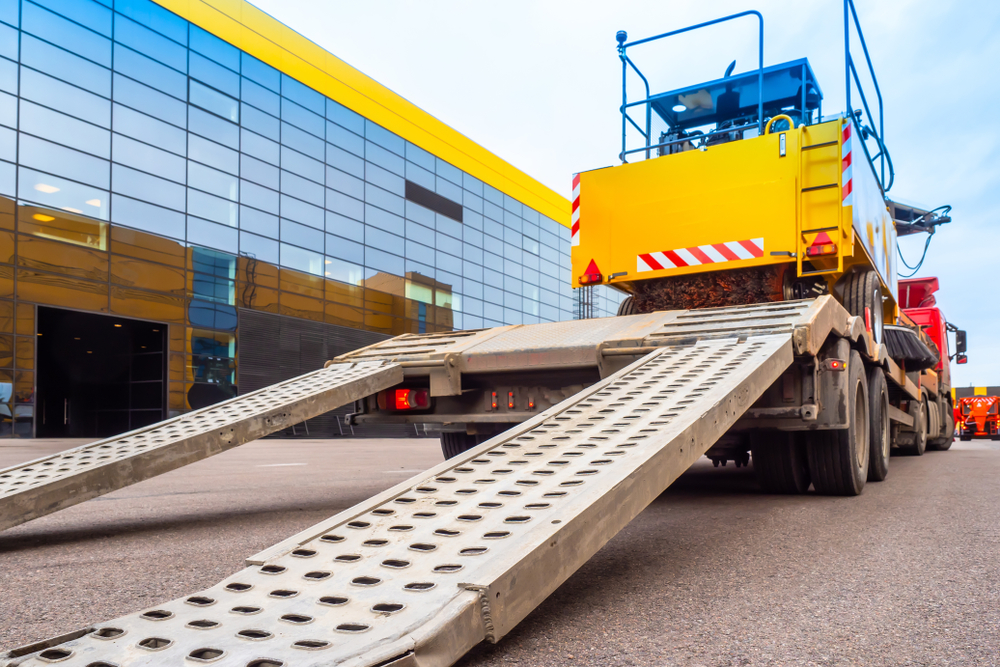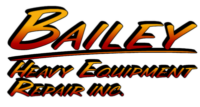Heavy Equipment Breakdowns: Common Causes and Solutions

Heavy equipment is the backbone of many industries, from construction and mining to agriculture and transportation. However, like any machinery, heavy equipment is susceptible to breakdowns, which can disrupt operations, cause delays, and incur costly repairs. Understanding the common causes of heavy equipment breakdowns and implementing preventive measures is essential for minimizing downtime and maximizing productivity.
What Are the Common Causes of Heavy Equipment Breakdowns?
- Lack of Maintenance: One of the primary causes of heavy equipment breakdowns is inadequate maintenance. Failure to perform routine inspections, lubrication, and servicing can lead to premature wear and tear on critical components, increasing the risk of breakdowns.
- Overuse or Misuse: Heavy equipment that is subjected to excessive use or operated beyond its design limits is more prone to breakdowns. Overloading, improper operation, and misuse of equipment can strain components and lead to mechanical failures.
- Environmental Factors: Environmental conditions such as extreme temperatures, moisture, dust, and debris can accelerate wear and corrosion on heavy equipment components, leading to breakdowns. Equipment operating in harsh environments, such as construction sites or mines, is particularly susceptible to these factors.
- Age and Wear: As heavy equipment ages, its components naturally wear out, increasing the likelihood of breakdowns. Wear and tear on critical parts such as bearings, seals, and hydraulic components can lead to leaks, malfunctions, and ultimately, equipment failure.
- Poor Quality Parts: The use of inferior or counterfeit parts in heavy equipment can compromise its performance and reliability. Substandard parts may not meet the manufacturer’s specifications or quality standards, increasing the risk of premature failure.
Common Causes of Heavy Equipment Breakdowns
Heavy equipment failure reasons can vary depending on the type of machinery and its operating conditions. However, some of the top causes of heavy equipment failures include:
- Engine Problems: Engine-related issues such as overheating, oil leaks, fuel system malfunctions, and mechanical failures are common causes of heavy equipment breakdowns.
- Hydraulic System Failures: Hydraulic systems are critical components of many types of heavy equipment, including excavators, loaders, and bulldozers. Hydraulic leaks, pump failures, and hose ruptures can lead to equipment downtime and productivity losses.
- Transmission and Drivetrain Issues: Problems with the transmission, differential, and drivetrain components can result in equipment breakdowns, particularly in vehicles and machinery with high torque loads and frequent gear shifts.
- Electrical System Malfunctions: Electrical faults, wiring problems, and component failures can cause electrical systems to malfunction, leading to equipment downtime and safety hazards.
- Operator Error: Human error, such as improper operation, failure to follow safety procedures, and lack of training, can contribute to heavy equipment breakdowns and accidents.
Solutions to Heavy Equipment Breakdowns
Preventing heavy equipment breakdowns requires a proactive approach to maintenance, operation, and management. Some effective strategies for minimizing breakdowns include:
- Regular Maintenance: Implement a comprehensive maintenance program that includes routine inspections, lubrication, fluid checks, and component replacements as needed. Follow the manufacturer’s recommendations for maintenance intervals and procedures to ensure optimal equipment performance.
- Operator Training: Provide thorough training for equipment operators to ensure they understand proper operation, safety procedures, and maintenance requirements. Emphasize the importance of following manufacturer guidelines and reporting any issues or concerns promptly.
- Environmental Controls: Implement measures to protect heavy equipment from environmental factors such as extreme temperatures, moisture, dust, and debris. Use protective covers, enclosures, and climate control systems as needed to minimize exposure and prevent corrosion and contamination.
- Quality Parts and Components: Use genuine OEM parts and high-quality aftermarket components from reputable suppliers to ensure the reliability and performance of heavy equipment. Avoid the use of counterfeit or substandard parts that may compromise equipment safety and longevity.
- Monitoring and Diagnostics: Utilize advanced monitoring and diagnostic technologies to track equipment performance, identify potential issues, and proactively address maintenance needs. Implement predictive maintenance strategies based on real-time data to minimize unplanned downtime and maximize equipment uptime.
Summary
By addressing the common causes of heavy equipment breakdowns and implementing preventive measures, businesses can reduce downtime, lower repair costs, and improve overall productivity and profitability. Investing in proactive maintenance, operator training, quality parts, environmental controls, and monitoring technologies is essential for ensuring the reliability and performance of heavy equipment in any industry.
Need Heavy Equipment Services in Lexington, OR?
Bailey Heavy Equipment Repair, Inc. is a family-owned and -operated heavy-duty equipment repair service based in Lexington, Oregon since 1984. We specialize in providing for all of your equipment repair needs, whether it’s farm equipment, utility equipment, trucks, cylinders, or something else entirely. We offer ANSI Inspections and Dielectric testing, field repair and on-site repair, line boring services, welding, machining, hose assemblies, steel sales, and other machine products. Give us a call today for more information!
